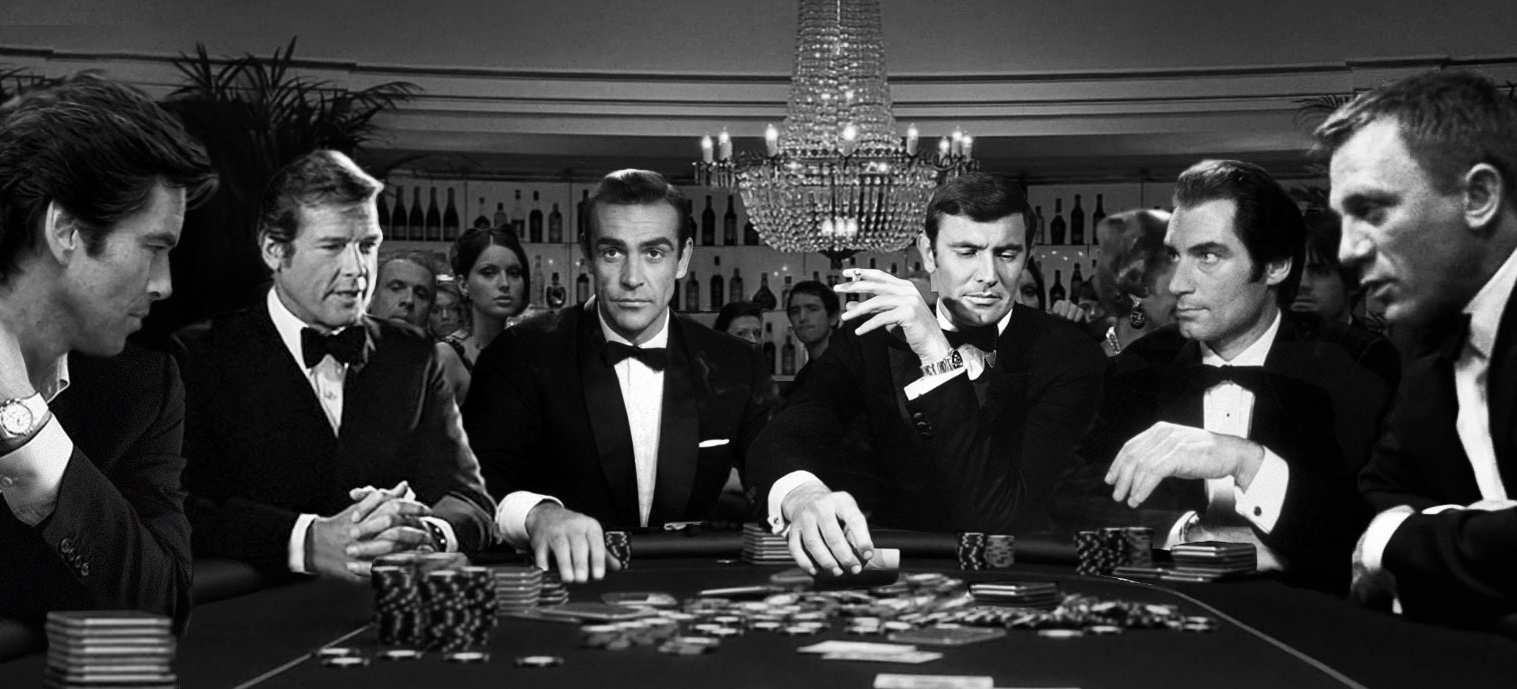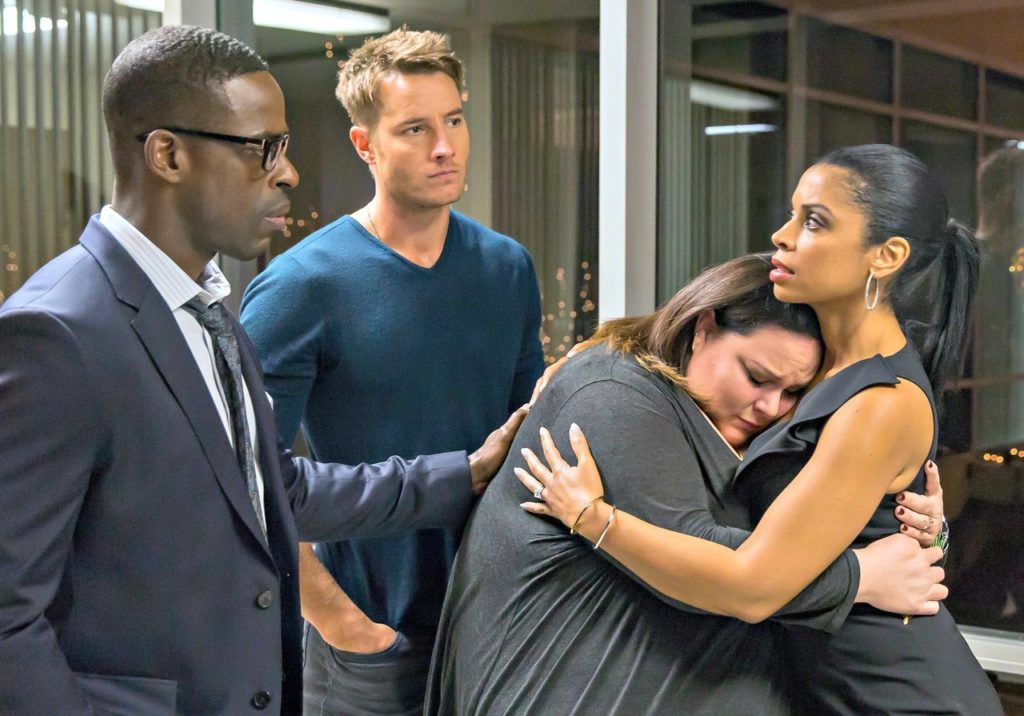
When I was young I loved action movies. Pierce Brosnan’s James Bond was a focal point of my pre-adolescent years. I owned action movies on VHS, played their corresponding video games, and collected any paraphernalia that I could get my hands on.

On leaving the theater, after seeing the newest action thriller, the world seemed different. Everything seemed charged with energy as I snuck down the movie theater hall and peered around the corner into the lobby, mindful that the assassins or rogue state military personnel could be attacked at any moment. I remember riding in the middle seat of my family’s Dodge Caravan with wood paneling (that doubled as armor, obviously) and waiting for the car phone to ring with my orders.
The magic of movies had taken me in and I was wrapped in a fantasy world.
Fast forward to adulthood.
One would think that my play-acting days have long since faded and the credits have rolled on my fantasy action flicks. I have discovered, however, that the world is trapped in this fantasy world. We are all convinced that we are stars in our own movies.
Theologian Stanley Hauerwas writes, “The project of modernity was to produce people who believe they should have no story except the story they choose.”
We are fed a nonstop narrative that we do not belong to any story and there is no outside power that holds sway in our lives. Instead, we are told that we can write our own story, choose our own destiny, and plot our own course.
On social media, we post curated and contrived images that say more about who we want to be than who we actually are. In some cases, we literally post things to “Our Story”. We craft our own narrative, strategically covering our foibles and failures, all while highlighting our virtues.
We signal to others that we are smart and talented and powerful and good (or at least more so than others). We join Adam and Eve in the Garden as we seek to write our own narrative and be like God.
The Gospel tells us that no matter how many times we rewrite and revise, our stories end the same way — the final page of each of our narratives is the same because we are trapped in a web of Sin and Law and Death. The end is still the end for each of us.
Or at least, it was.
The Easter proclamation is that we belong to another narrative, one that we did not and could not write ourselves. Christ’s story has become our own.
We belong to a narrative in which the very worst of us came crashing against the very best and did not overcome it. The sinful have been made saints and we don’t have to save ourselves. In short, all is grace.
Again, Hauerwas says, “To be contingent is to recognize that our lives are intelligible only to the extent that we discover we are characters in a narrative we did not create.”
This sounds like bad news to modern people, but the truth is we are not in control. We have very little power. If anything, we are like a child sitting in the Dodge Caravan pretending to be a James Bond. We can play all we want and we can have loads of fun, but we aren’t driving the van.

I often have to remind myself that I am not a star and my life is not a movie. The subtle acoustic guitar from This Is Us never plays to signal that I should be crying. The miracle cure from the rogue doctor usually doesn’t arrive in time. The good guy doesn’t always win.
This Easter proclamation is an invitation to die to this self-narrativizing and give in to the love of God. We are called to graft our story onto the story of God each day.
The Good News is not that you can be free if you just work a little harder or pray a little more or get your act together. It has nothing to do with ironing out your wrinkles or even with being respectable.
The Good News is that your story already has an ending that you didn’t write. The Good News is that God’s grace has done what you could never do; that on the cross Jesus held the weight of humanity’s sin and walked out of the tomb with scarred but empty hands.
When the authorities put Jesus on the cross they expected his story to end, but his story continued with a ragtag group of failed disciples who carried it to the ends of the earth and to today.
You are not a star and your life is not a movie. You are bound up in a narrative with Jesus in the driver’s seat and you riding middle.

All you have to do is come along for the ride.

COMMENTS
Leave a Reply












